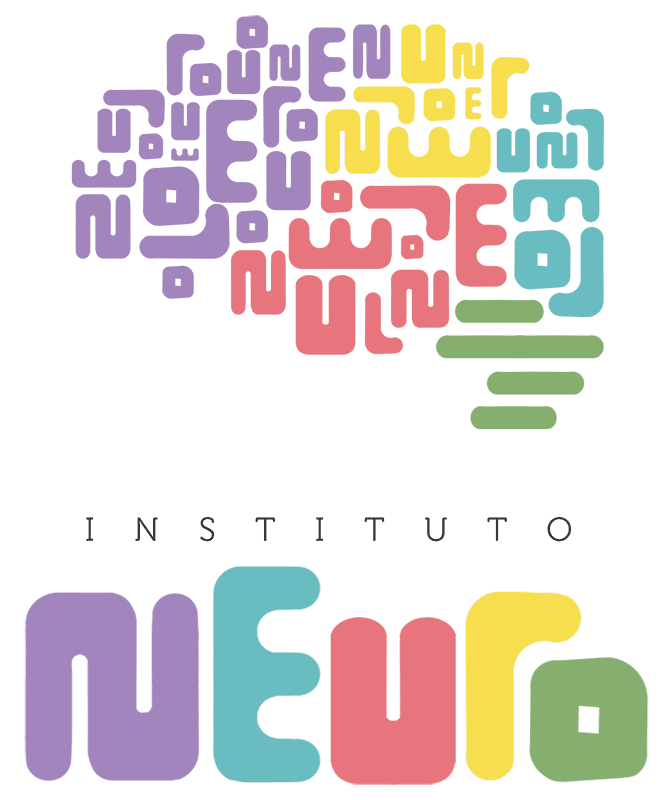✅ Free certificate recognized by the MEC, the certificate is already authenticated and with programmatic content
📜 Certified with QR CODE
💻 The course is open to the public (anyone can take it as we work with uncomplicated teaching and accessible language)
✅ Lifetime access
📹 Courses with video lessons
📚 Theoretical-practical material
💰 Single payment fee for the entire course + certificate
🙋♀️ Questions forum so that we can follow you closely and clarify anything that may not yet be completely clear.
✅ Integrated support with human service via email, access to technical and legal staff
👩🎓 🧑🎓 Our platform’s Course/Training completion certificate is valid in accordance with (law number 9,394) and can be used to:
💳 To pay by credit card:
We release your access to the course within a few hours or minutes after purchase, if you have difficulty locating access in your email, we recommend that you access the login page: https://www.institutoneuro.com.br/ead/account/login/?next=/ead/ Access with your email and password (registered at the time of purchase and course registration)
💵 For payments via Boleto:
MODULE 1 – Autism – Diagnostic Concepts – Causes – Current Research – DSM 5
MODULE 2 – Screening Assessment – Diagnostic Assessment and Investigation Profile – Initial Assessment Profile for Autism using Level 1 and Level 2 Assessment Instruments – Screening Anamnesis and Screening – Procedure for assessing Autism and Pervasive DEVELOPMENTAL Disorders
MODULE 3 – Selected Screening Instruments and Tests for Autism (MCHAT, ASQ 3, GARS 2, CARS, ABC – behavioral checklist, IRDI, ATA – Autistic trait assessment, AQ10 – child and adult, ATEC – Autism treatment evaluation checklist, Early Intervention Behavioral Protocol level 1 and level 2
MODULE 4 Extended Diagnostic Assessments – International Guidelines for the Assessment of Global Autism Screening – Guidelines for Diagnostic Assessment – Child and Adult Diagnostic Instruments: Ados 2, Pep r, Pep 3, Vineland, Vbmapp, Developmental Assessment Batelle Inventory, Gold Standard Infantol Development Assessment Bayley Scale 3 and Specific Assessment Protocol of Child Development in a naturalistic context.
MODULE 5 Teaching Procedures and Programs – Therapeutic Plan – Areas to consider to prepare the IEP for children and adolescents – Skills Acquisition Program.
MODULE 6 Report and Referrals
MODULE 7 CASE STUDIES WITH EVALUATION AND INTERVENTION PROPOSAL
MODULE 8: Application with practical classes and experiences of care simulation using the diagnostic instrument ADOS 2: ADOS-2 in the clinical and institutional context (schools, nurseries and daycare centers) Application of the ADOS-2 gold protocol
Analysis of clinical and institutional cases Suggestions of resources and materials for the preparation of the battery of activities Quantitative and qualitative analysis of the ADOS score 2 Report model for the medical team (theoretical and practical guidance)
Skills program based on ADOS 2 Naturalistic and Early Intervention Program for skill acquisition based on the result of the ADOS score 2
MODULE 9: Update of international and national diagnostic criteria for TDAH, Assessment and Intervention of TDAH (child and adult), Screening scales, use of standardized tests for diagnosis and assessment of TDAH and application of evaluative batteries (child and adult), Intervention and Rehabilitation Program (child and adult), Cognitive Training (child and adult), Cognitive stimulation and clinical intervention techniques in TDAH (child and adult)
Risk Signs for TDAH and Early Intervention Conner Edah Snap IV Asrs- 18 Child Behavior Checklist Cumanin CRS Scale
MODULE 10: Autism at School (Learning and Autism, School Mediation in Autism, Basic Concepts of ABA in Education for Behavior Management in the School Context, Curricular Adaptation, Individualized Educational Plan, Inclusion Strategies and Adaptation for the Classroom, Educational Assessment of TEA Students, Literacy in TEA, Teaching Mathematics in Autism, Case Studies with Proposal
MODULE 11: The student with TDAH (Identifying TDAH in the classroom, TDAH and teaching methodology – adapted lesson plan, assessment proposals and inclusion strategies, behavior management in the classroom, pedagogical and psychopedagogical intervention, PEI for TDAH, Personalized educational program, Executive functions in the classroom, Social and socio-emotional skills, Playful and group interventions in the classroom

Psychopedagogue (UFPB Degree) Postgraduate in: ABA, Psychiatry and mental health, Neuropsychology Trained in: TEACCH, Legotherapy, School Mediation, VBMAPP, Child and Adolescent Eating Behavior; Integrative Approach to the Treatment of Eating Difficulties; Positive Discipline in Food; Sophie Effect on Infant Feeding. Training Learning to eat is part of Business Development: Pharmaceutical and Clinical Industry.
The course is now available and you will have access as soon as registration payment is confirmed.
Você possuirá acesso vitalício ao curso, ou seja, uma vez adquirido o curso será seu para sempre, você poderá acessar a plataforma de cursos quando quiser e pelo tempo que quiser.
Podem haver limites de acesso a recursos práticos online, caso existam. Verifique os prazos na descrição do curso acima.
Payment can be made via bank slip or credit card.
If you are looking for another payment method, please contact us.
Yes, you can access the platform from anywhere in the world.
To make payments from outside Brazil, use an international credit card.
Copyright 2019-2025 NEURO Institute
